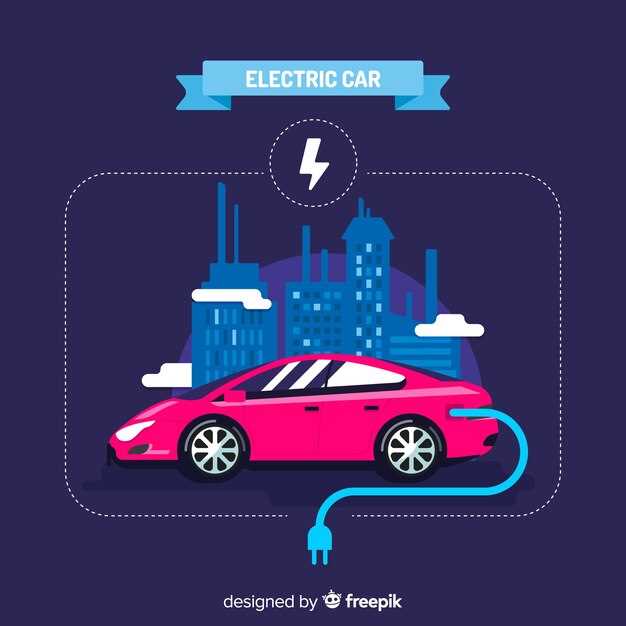
The Toyota Prius has long been a symbol of innovation and sustainability within the automotive industry. As the world increasingly turns towards eco-friendly alternatives, the hybrid vehicle market continues to evolve, with the Prius at the forefront of this transformation. Known for its distinctive design and impressive fuel efficiency, the Prius has redefined what it means to drive an environmentally conscious vehicle.
Toyota’s commitment to hybrid technology began over two decades ago, and the Prius has consistently exemplified this dedication. With advancements in battery technology and engineering, the Prius has become a benchmark for hybrid performance, leading the charge in emissions reduction and fuel economy. This article explores how the Prius not only maintains its edge in the hybrid market but also continues to shape the future of sustainable transportation.
As consumers become more aware of their environmental impact, the demand for fuel-efficient vehicles has surged. The Toyota Prius stands out not only for its innovative technology but also for its ability to adapt to changing market needs. Offering a blend of performance, practicality, and environmental responsibility, the Prius remains a top choice for those seeking a hybrid vehicle that delivers on all fronts.
How the Toyota Prius Sets Standard Features for Hybrid Vehicles

The Toyota Prius has long been recognized as a pioneer in the hybrid market, establishing a benchmark for features that other hybrid cars strive to match. Its innovative design integrates a hybrid powertrain that seamlessly combines a gasoline engine with an electric motor, optimizing fuel efficiency while minimizing emissions.
One of the standout features of the Prius is its regenerative braking system, which captures energy typically lost during braking and converts it into electricity to recharge the battery. This technology significantly enhances the overall efficiency of the vehicle, making it a model for others in the segment.
Moreover, the Toyota Prius offers an array of advanced safety features, including Toyota Safety Sense. This suite encompasses adaptive cruise control, lane departure alert, and automatic high beams, setting a high standard for safety in hybrid cars that competitors often follow.
Additionally, the Prius stands out with its spacious interior and cargo capacity, enabling practicality for everyday use. The combination of comfortable seating and smart storage solutions makes it a family-friendly option while maintaining its eco-conscious identity.
In terms of technology, the Toyota Prius is equipped with an intuitive infotainment system, often featuring a touchscreen display, smartphone integration, and navigation options. This integration of technology not only enhances the user experience but also reflects an evolving automotive landscape that demands connectivity.
The enduring legacy of the Toyota Prius serves as a foundation for the future of hybrid vehicles. By consistently innovating and incorporating these standard features, it challenges other manufacturers to elevate their offerings in the hybrid market, ensuring that consumers receive the best in efficiency, safety, and technology.
Understanding the Fuel Economy of the Toyota Prius Compared to Competitors

The Toyota Prius has long been recognized as a leader in the hybrid market, primarily due to its exceptional fuel efficiency. With advancements in technology, the latest models of the Prius offer impressive miles per gallon (MPG) figures that set a benchmark for other hybrid cars. Typically, the Prius achieves around 54 MPG in the city and 50 MPG on the highway, showcasing its capability to minimize fuel consumption effectively.
When comparing the fuel economy of the Prius to its competitors, such as the Honda Insight and Hyundai Ioniq, it becomes evident that the Prius maintains a significant advantage. The Honda Insight, for instance, offers up to 55 MPG in city driving and 49 MPG on the highway, while the Hyundai Ioniq excels with 58 MPG city and 60 MPG highway. However, these figures often fluctuate based on driving conditions, maintenance, and individual driving habits, making the Prius a consistently reliable choice.
Beyond just numbers, the Prius incorporates eco-friendly technologies that enhance its fuel economy. The hybrid synergy drive system optimizes power distribution between the electric motor and the gasoline engine, ensuring that the car uses fuel judiciously. In contrast, some competitors may not integrate their systems as efficiently, leading to a less economical driving experience.
In conclusion, while several hybrid cars may offer competitive fuel economy, the Toyota Prius stands out due to its well-engineered hybrid technology and consistently high average MPG ratings. This combination of efficiency and reliability solidifies its position at the forefront of the hybrid market.
The Future of Hybrid Technology: Innovations in the Latest Prius Model
The latest model of the Toyota Prius showcases groundbreaking advancements in hybrid technology, setting new standards in the automotive industry. One of the primary innovations is the enhanced powertrain, which integrates a high-efficiency gasoline engine with an advanced electric motor. This dual system not only improves fuel economy but also maximizes performance, allowing for a smoother driving experience.
Another significant feature is the use of lightweight materials in the construction of the Prius. By reducing the overall weight of the car, Toyota has increased its efficiency even further, demonstrating a commitment to sustainability without compromising on safety or durability. This approach not only benefits the hybrid system but also accelerates the vehicle’s response time, making driving more enjoyable.
The introduction of cutting-edge battery technology is another pivotal development in the latest Prius. With a focus on enhancing energy density and reducing charging time, the new lithium-ion batteries provide longer driving ranges and quicker recharge capabilities, making hybrids more practical for everyday use. Furthermore, the incorporation of regenerative braking technology allows for energy recuperation during deceleration, which extends the car’s range and efficiency.
In addition, the Prius now features advanced connectivity options, integrating smart technology that enhances the driving experience. Drivers can access real-time data on energy consumption, driving efficiency, and environmental impact, empowering them to make informed choices while on the road. The integration of artificial intelligence helps optimize driving patterns, supporting more efficient hybrid operation.
Overall, the innovations in the latest Toyota Prius model signify a pivotal shift toward a more sustainable future in the automotive market. With these advancements, Toyota continues to lead the way in hybrid technology, proving that eco-friendly cars do not have to compromise on performance or convenience.
